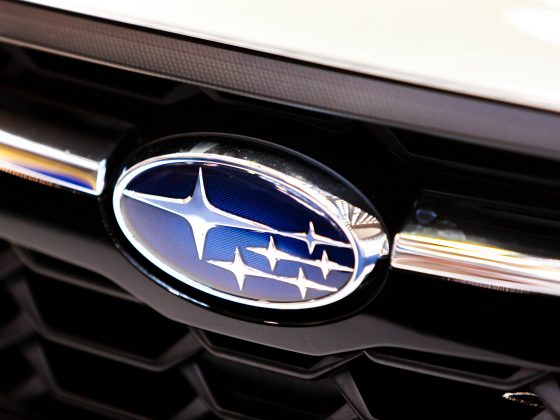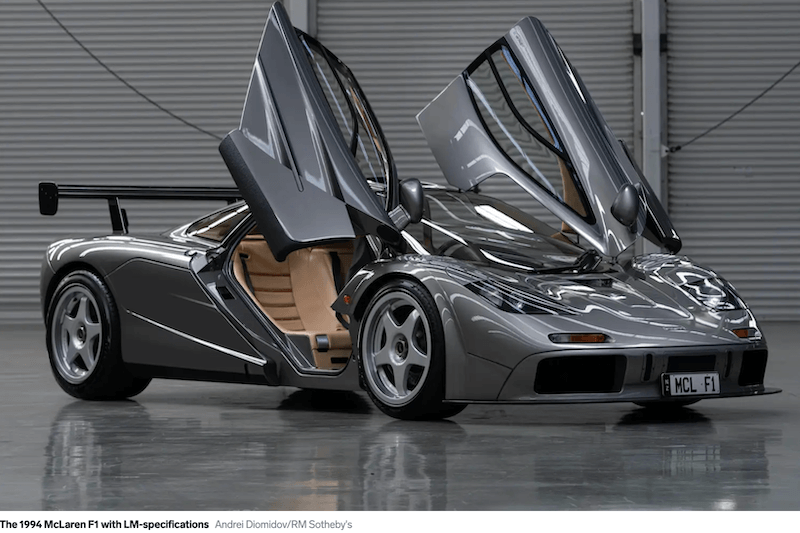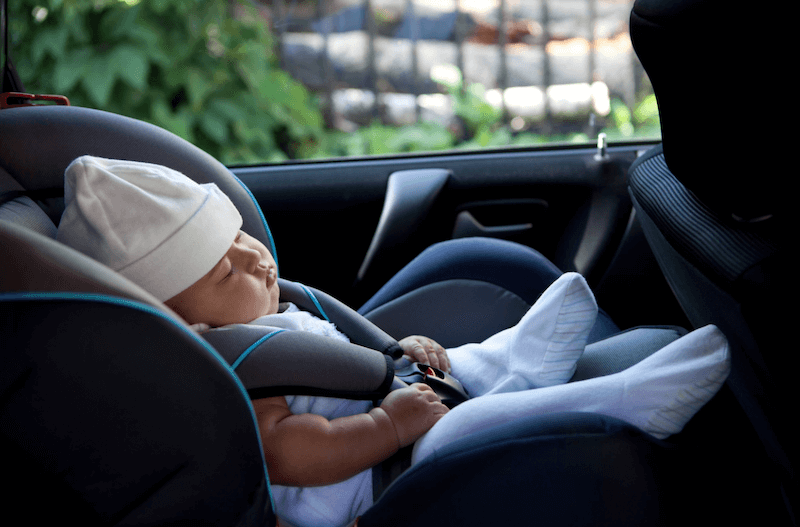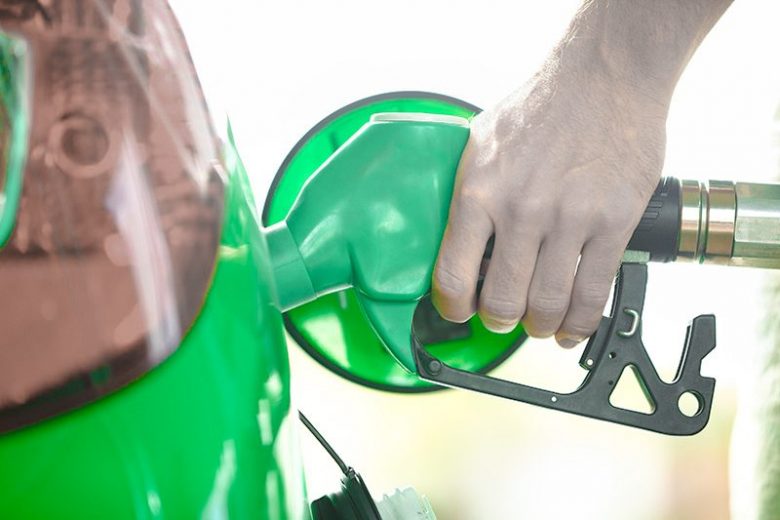If you have considered the purchase of a used car recently, odds are extremely heavy that you’ve done at least some of your research online. Recent surveys indicate that 90% of those interested in buying a used car are going to the internet before heading to their local used car lot. In fact, in many instances, potential buyers are using mobile devices to compare price while actually at another car dealer.
Use eTags© to Quickly Complete Your DMV Service. Renewals, Title Transfers and More, All Online!
This is forcing some seismic changes in the used car industry which has already been going through some significant changes. Buying cars online is more popular than ever but if you are considering an online auto purchase, you may soon discover more changes are on the way.
The Traditional Used Car Auto Lot
Small, independent used car dealers are disappearing from the American landscape. This is due to a variety of reasons including challenges from big-box style competitors like Auto Nation who are aggressively pursuing the used car market. Kicking the tires has been replaced with clicking a drop-down box and conducting massive searches online. Small independent dealers are having difficulty staying competitive in pricing, inventory, and even with warranties and service. Corner used car lots are being replaced with hundreds of acres of used car inventory in visible locations along major thoroughfares.
Now, however, these mega-stores for used cars are undergoing a sea-change of their own.
The Future of the Mega Lot
It is estimated that auto dealers control over $130 billion in real estate across the country. That is a significant amount of real estate, especially when one considers they are in the automotive business. While real estate is certainly an asset, ownership carries additional costs. There is property maintenance, taxes, insurance, and utilities. There is lighting, security, and signage.
Auto Nation alone owns some $3 billion of real estate holdings. The company, however, is beginning to rethink its approach to how it markets used cars and is selling off about a half-billion dollars worth of its real estate holdings. Instead, they would move to acquiring smaller, neighborhood-style locations that would be “supplied” with inventory from less costly, less visible hubs.
The hubs would allow a car dealer to “store” inventory less expensively than the current model while giving the dealer more of a local, neighborhood feel. This makes sense on several levels in that margins would be higher for the dealer and inventory could better reflect local tendencies. There are areas, after all, that perform better in selling trucks. Others may move higher end or performance vehicles quicker. Still, others may find that higher mileage, lower-priced vehicles sell better.
This would give a company like Auto Nation the advantages of maintaining a large inventory nearby, while establishing more visible, neighborhood locations that can be customized with inventory to suit specific customers. Money now being invested in large mega lots on valuable property would transition to smaller, neighborhood location. Cars could potentially be stored in less expensive old warehouses or rural locations and retrieved as needed.
The Continually Changing Used Automobile Market
Online auto purchase changes are being fueled by consumers who are already doing much of their research and pricing online but still want the convenience of purchasing a vehicle from a neighborhood location. It is also being moved by automotive retailers who are beginning to question their significant real estate investments, the associated expenses, and the overall future of the mega-lot.
Ultimately, consumers are embracing searching and sorting and comparing online. Traveling to a distant mega-lot, however, may not be high on their list. This new online auto purchase model for some of the big players in the used-car industry may help them resolve this conflict in the changing way we are buying cars online.








